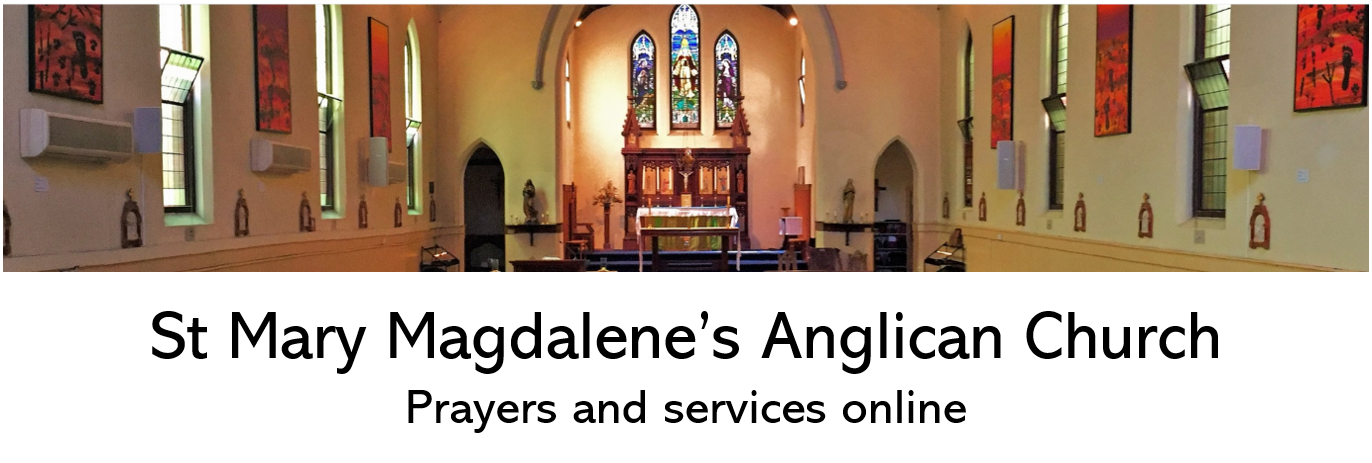‘The most surprising, precious moment’
Ruth Cracknell

‘Something you somehow haven’t to deserve’
Robert Frost
It is the most precious moment I have known; it is the most surprising moment because entirely unexpected. And if this moment I can keep, then nothing more do I need, now or ever. We are not, you see, and this you must believe, in an empty room, but in a space suffused. We are – golden; we seem for a tiny fragment of time, holy; a medieval painting. If only we could be captured as we are now we would be free forever (with our secret), untrammelled….
Ruth Cracknell
Ruth Cracknell is writing very personally of the time her husband died. This is a precious, intimate moment – one of the forever-mysteries of the human experience of life and death. Listen to her words: ‘We are not in an empty room, but in a space suffused’. Here she struggles to express the ineffable presence/absence of another….this may be a gentle invitation touch a deep, personal experience of grief.

The extraordinary thing was that there was nothing in that tremendous, unbelievable demonstration of warmth, of warmth in creation, that would remit the pain, no forgetting of the sort of tunnel one was going to walk down afterwards. The pain was included in the consolation. So it wasn’t any form of opting out or avoidance. Nevertheless, it was like an enormous promise.
P. J. Kavanagh
Patrick Kavanagh experiences, in the depths of a very personal loss and grief, the ‘warmth in creation’ which does not however ‘remit the pain’. It was like ‘an enormous promise’. Our tradition talks of ‘deeper pain, deeper joy’. This is not easy to talk about, not easy to enter – but if it seems appropriate, recall a grief or a loss and savour it, listen to it, feel it. The poet Rilke talks of feeling: ‘the weight of God’s hand’ in such experiences, and at the same time experiencing ‘the fullness of our cry’.



God is intimately and immediately, deeply and profoundly present to everything that is. The experience of grief is one of the most shattering and isolating experiences in our life. Yet it does not separate us from reality, but rather engages us with reality at a very deep and poignant manner. However much we might resist it, it can gift us, as we apprehend (if not immediately comprehend) existence at its greatest depth. Such loss, such grief, such sorrow, can become a ‘privileged moment’ – sharing in the Paschal Mystery of dying and rising.

This is a composition fo Gavin Bryars in 1971, based on a homeless man singing ‘Jesus’ blood never failed me yet’.
Bryars says: In 1971, when I lived in London, I was working with a friend, Alan Power, on a film about people living rough in the area around Elephant and Castle and Waterloo Station. In the course of being filmed, some people broke into drunken song – sometimes bits of opera, sometimes sentimental ballads – and one, who in fact did not drink, sang a religious song “Jesus’ Blood Never Failed Me Yet”.
When I played it at home, I found that his singing was in tune with my piano, and I improvised a simple accompaniment. I noticed, too, that the first section of the song formed an effective loop which repeated in a slightly unpredictable way. I took the tape loop to Leicester, where I was working in the Fine Art Department, and copied the loop onto a continuous reel of tape, thinking about perhaps adding an orchestrated accompaniment to this. The door of the recording room opened on to one of the large painting studios and I left the tape copying, with the door open, while I went to have a cup of coffee.
When I came back I found the normally lively room unnaturally subdued. People were moving about much more slowly than usual and a few were sitting alone, quietly weeping.I was puzzled until I realised that the tape was still playing and that they had been overcome by the old man’s singing. This convinced me of the emotional power of the music and of the possibilities offered by adding a simple, though gradually evolving, orchestral accompaniment that respected the homeless man’s nobility and simple faith. Although he died before he could hear what I had done with his singing, the piece remains as an eloquent, but understated testimony to his spirit and optimism.”
Source: Wikipedia
For a printable PDF of the text of this meditation please click on the link below.




